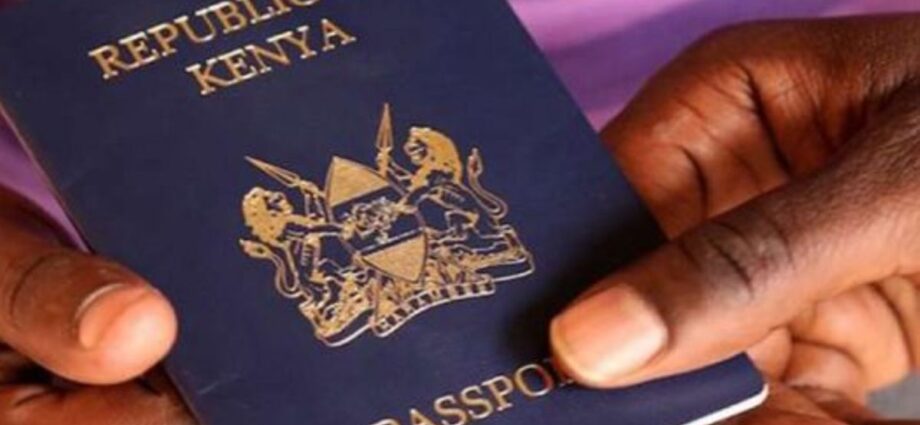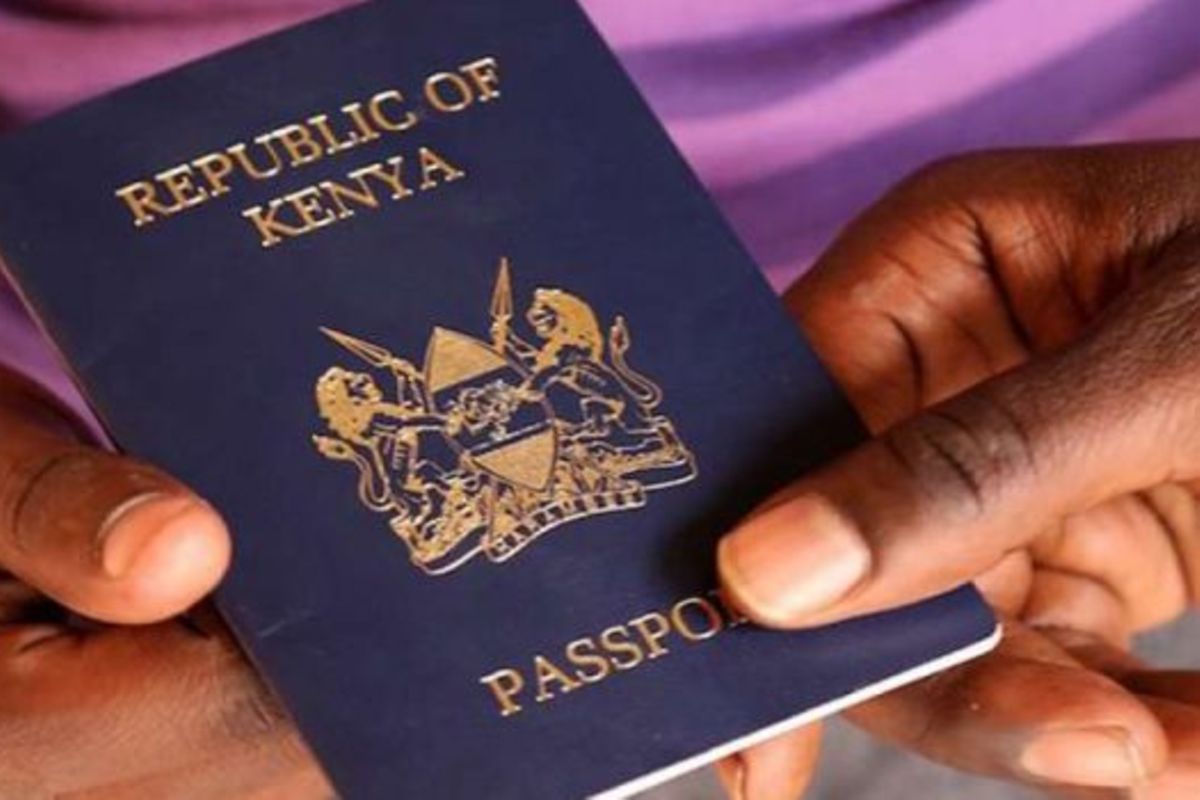By the end of last month, there were 58,330 uncollected passports at various Immigration offices across Kenya, and the government was begging fellows to pick them up.
That was on the back of over 130,000 identity cards and 40,000 driver’s licences uncollected at Huduma centres. It is not a Kenyan problem. It’s an African one.
Ugandan authorities just announced they were going to burn 50,000 uncollected passports. Last year, the country had nearly three million uncollected IDs. Nigeria closed last year with over 112,351 uncollected passport booklets, and 800,000 IDs that hadn’t been picked up by applicants. That is in a country where nearly 100 million people lack formal IDs. South Africa, with a third of Nigeria’s 228 million people, has more than 566,000 uncollected smart IDs.
These uncollected IDs are happening in a context where nearly half of the people on the continent don’t have any recognised identity documents. In Nigeria, over 100 million lack formal IDs. At the continental level, about 542 million people do not have IDs. The people who apply and don’t collect passports and IDs are a tiny fraction of the ID-have-nots.
What makes these non-collect numbers remarkable, is just how hard it is to apply, and then get an ID or passport in most of Africa. People spend days in queues, cry, break down, and are driven to near-suicide when they have to sell their chickens and goats to raise a bribe to pay officials so their documents can be processed in less than two years. To go through all this and not collect, tells us something big is going on here.
Examinations of the subject have shown that some of the applicants die before collection, but only a few.
The vast majority don’t show up for other reasons. In Uganda, the Immigration authority says many of the uncollected passports belong to the tens of thousands of young women seeking to go and work as maids in the Middle East and Gulf. If the jobs then don’t come through, they lose interest and don’t show up.
Yet, that can only be part of the story. The other part is that these passports are community or clan projects. Families and communities get together and crowdsource the money to pay the fees for an ID or passport, and the matatu or bus fare for the applicant to travel to the town or city to apply for the document. The idea is that if the applicant goes on to get a job in Saudi Arabia, she will repay her “investors” with interest. The guy who applies for an ID or driving licence also benefits from a similar Harambee and is expected to get a job in the city as an office cleaner or driver in the ministry where a maternal uncle is a junior officer.
They hang around the city, penniless, and hungry, and take off back to the village before they starve to death before the ID or driving licence is issued. There is no bus fare to fund a return to the big town to check. In that sense, uncollected IDs are a fairly good proxy indicator of poverty and crashed dreams. And, it also, reveals how many people are disconnected from the national mainstream.
Today you would think that you can’t buy a SIM card, register for M-Pesa, register as a voter, or even apply for a driving licence without an ID, the people who don’t have it must be the large mass of “invisible” citizens. And they function without contact with the formal state or mainstream private sector institutions. And they don’t vote. If they do, they do so likely as part of the ghost voter structure used to steal votes.
But to have so many people outside the formal system is not good business. They would bring a lot of good value inside the tent. The question is how to get them in.
For one, the problem tells us that the old arrangement; the big ugly government building where people travel to apply for IDs and return to pick them up, is broken. To flip the expression by Francis Bacon, Muhammad will no longer come to the mountain, the mountain must go to Muhammad. However, Muhammad will go to the grocer’s, the market, the M-Pesa agent’s shop, or the ATM.
Alive to this, in South Africa, they are piloting a programme to renew national IDs and passports at banks. You can also renew your car licence at Shoprite or Checkers supermarkets – moreover at a discounted cost.
Nigeria is working on a new smart ID, which will be a super card. Holders can use it also for health insurance, microloans, state food and energy subsidies, and others. Apparently if linked to a bank account, it would also function as a prepaid card. It will be issued by the Central Bank. Not surprisingly, Nigerians are laughing. They think it is another clown act by the state that will come to nothing.
Even then, they are still on to something. For the invisible people, the M-Pesa agent might just be the best authority to deliver their IDs.
The author is a journalist, writer and curator of the Wall of Great Africans Twitter@cobbo3















